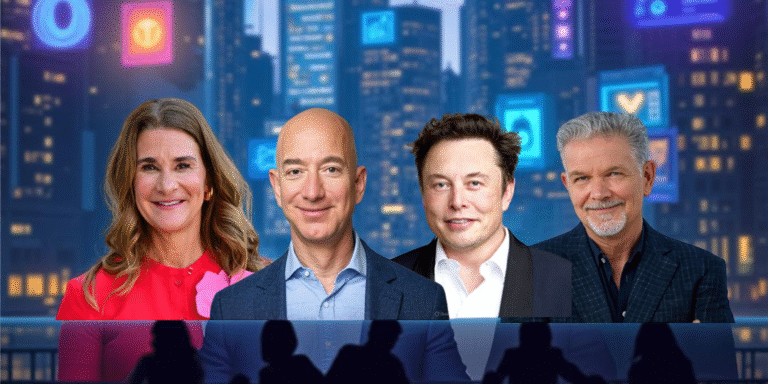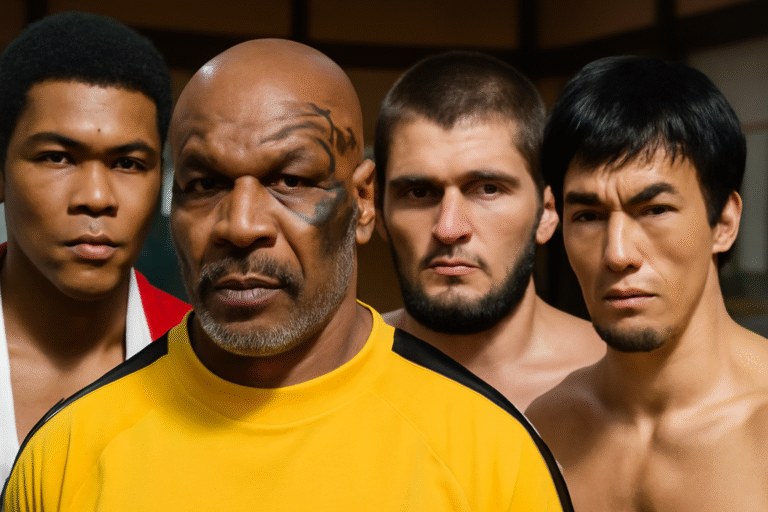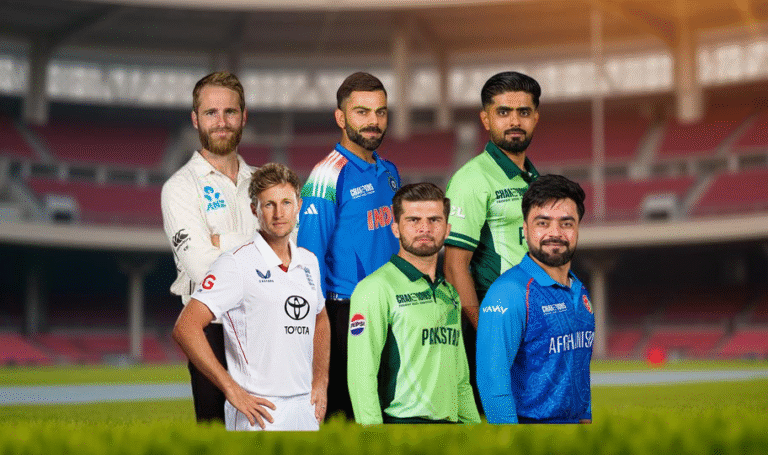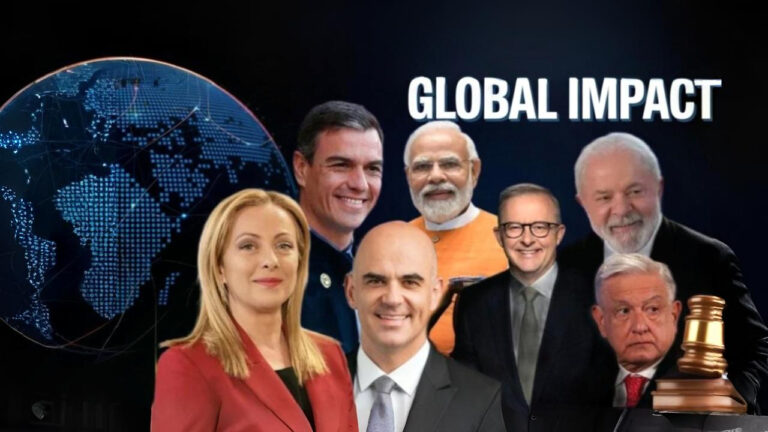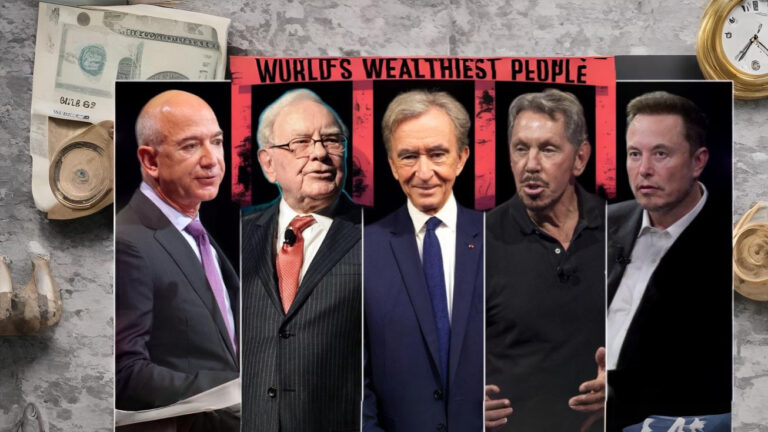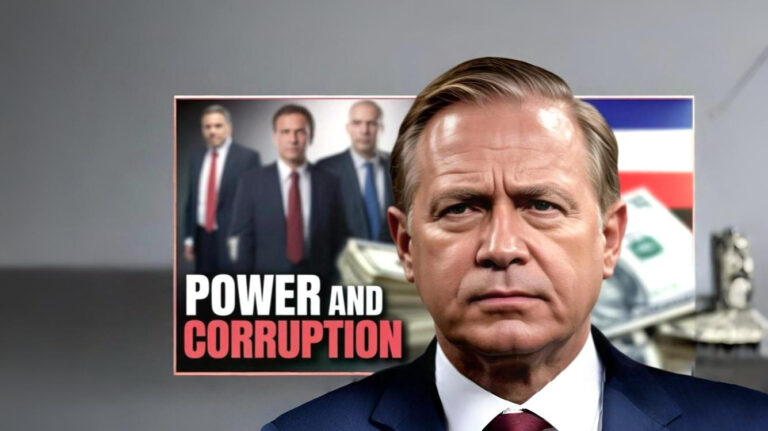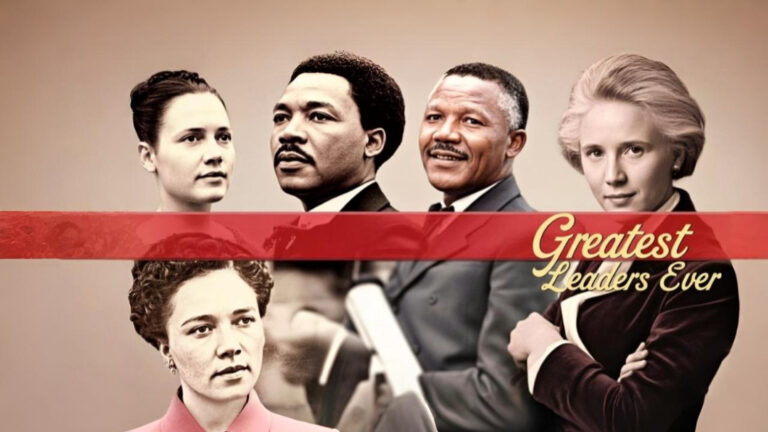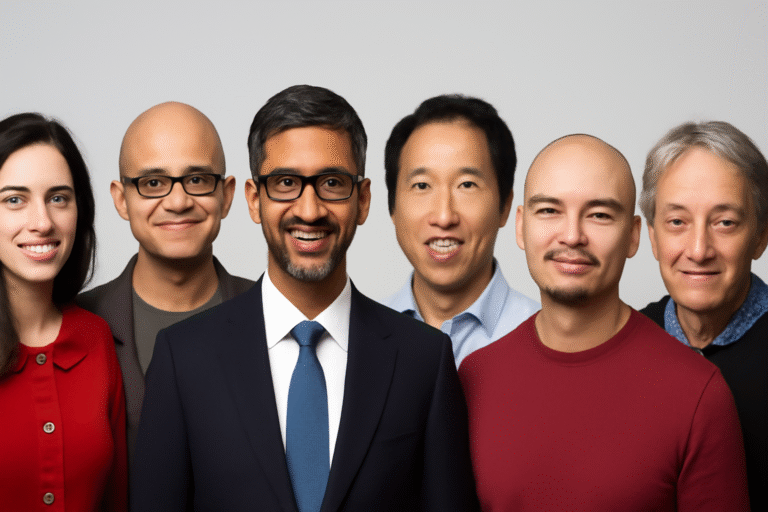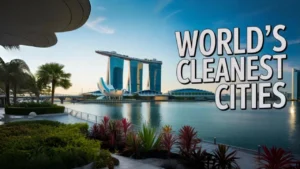Some political leaders stand out in a rapidly changing environment for their remarkable ability to influence international events. Those who have had long-lasting effects on their nations as well as the globe at large rank among the top 10 leading political figures transforming the world. Whether by diplomacy, policy changes, or crisis management, these leaders help define the course of countries and entire regions. I recall a discussion with a friend recently, asking, “How do politicians change the world?” While I didn’t have an answer immediately, the more I thought about it, the clearer it became. These leaders are often both visionary and pragmatic, balancing national interests with the need for international cooperation.

The life and achievements of the political leaders whose choices are creating waves in 2025 will be discussed on this page. Whether you reside in their nation or halfway around the world, you will not only learn about their successes but also gain an understanding of how their leadership shapes and influences global affairs.
Criteria for Selection: How We Chose the Top 10 Political Figures
Choosing political leaders who transform the world is no small chore. These leaders determine world policy, affect world economies, and occasionally even turn history around. We concentrated on a few salient features:
Global Influence: Leaders who significantly shape security, economy, and international relations.
Policy Impact: People whose policies have resulted in political, financial, or societal change.
Crisis Management: Leaders who have guided their nations through trying circumstances will have crisis management skills.
Visionary Leadership: Leaders bringing forward progressive reforms constitute innovation in governance.
These traits are demonstrated by the following numbers, which have made their imprint on the international scene.
1. Joe Biden: United States President

After a time of international retreat, 46th President of the United States Joe Biden has been instrumental in guiding the country back into the global scene. The political environment has been changed by his government’s focus on economic recovery following the pandemic, healthcare reform, and climate change.
Principal Accomplishments:
- Resuming Paris Climate Agreement participation
- Leading worldwide initiatives to fight the COVID-19 epidemic
- Supporting worldwide projects, including diplomacy and fair trade
- Emphasizing multilateralism and striving for a more robust worldwide community
Biden’s leadership.
2. Germany’s Chancellor, Angela Merkel

Angela Merkel retired in 2021, yet her impact still reverberates across Europe and beyond. Often referred to as the de facto European Union leader, Merkel’s political savvy guided the continent through various crises, including the European financial crisis and the migrant crisis.
Important Successes:
- Guiding the European Union beyond the dilemma involving immigrants
- Enhancing the EU’s worldwide reputation
- Supporting environmentally friendly energy initiatives
Long after her term ends, Merkel’s pragmatic political style and support of unification still shape European politics.
3. Prime Minister of India, Narendra Modi

India’s economy has been turned by Narendra Modi into one of the fastest-growing in the world. India is now a major actor on the world scene thanks in great part to its audacious policies, including the drive for digital India, infrastructure development, and climate change stance.
Important Successes:
- GST (Goods and Services Tax) and economic reforms
- Project expansion involving renewable energy
- Strong position on national security
India’s future and its place in world geopolitics are much shaped by Modi’s leadership.
4. Xi Jinping: China’s President

Under programs like the Belt and Road Initiative and with more influence in international organizations, Xi Jinping’s leadership of China has seen the nation grow internationally. Strong leadership and calculated investments by him have helped China to become a worldwide superpower.
Important Successes:
- Belt and Road Initiative (BRI)
- Modernizing China’s military and technological sectors
- The ascent of China as a worldwide economic powerhouse
Xi’s leadership has spurred discussions all around on the balance of power and economic rivalry.
5. France’s President Emmanuel Macron

Since his 2017 election, Emmanuel Macron has been increasingly important in European and international affairs. Being the youngest president in French history, he has positioned France as a leader in world diplomacy, particularly on EU reform and climate change.
Important Accomplishments:
- Paris Agreement on Climate Change Advocacy
- Transformation of France’s employment market
- Function in European Union diplomacy and global affairs
Global policy debates still find waves in Macron’s vision of a stronger, more unified Europe.
6. Vladimir Putin: Russia’s President

The presidency of Vladimir Putin has surely changed Russia’s position on the world scene. From the takeover of Crimea to participation in Syria, Russia has adopted a more aggressive posture in world affairs under its direction.
Important Notables:
- Influence in Eastern Europe and the annexation of Crimea
- Strong military and diplomatic presence in worldwide conflicts
- Strategic energy policy controlling world markets
Though his leadership is sometimes controversial, Putin influences world security and energy policies.
7. Boris Johnson – UK Prime Minister

One of the most important political decisions of recent times defines Boris Johnson’s tenure as Prime Minister of the United Kingdom: Brexit. His leadership during the UK’s leaving from the European Union has changed its foreign policy and economy.
Major Accomplishments:
- Guiding Britain through Brexit discussions
- Oversaw the reaction to COVID-19
- Strengthening commercial ties with nations outside the EU
Johnson’s policies have permanently changed Britain’s relationship with Europe and the globe.
8. Justin Trudeau – Canadian Prime Minister

Under Justin Trudeau’s direction, inclusivity, diversity, and progressive social policies take center stage. Renowned for his positions on international peacebuilding, gender equality, and climate change, Trudeau’s impact goes much beyond the boundaries of Canada.
Important Success:
- Policies on immigration and refugees are progressing.
- Worldwide advocacy for environmental change
- Improving trade ties with Mexico and the United States
Trudeau’s efforts in promoting worldwide cooperation have helped Canada to become a major actor on the scene.
9. Crown Prince of Saudi Arabia, Mohammad bin Salman

Saudi Arabia’s Vision 2030 plan, which seeks to diversify the economy and lower the kingdom’s reliance on oil, has been driven by Crown Prince Mohammad bin Salman (MBS). His impact reaches even into regional politics, especially in the Middle East.
Important Accomplishments:
- Plan of Vision 2030 for economic diversification
- Spearheading changes in the social policies of Saudi Arabia
- Middle Eastern aggressive foreign policy
MBS’s leadership is redefining the Middle East’s course forward.
10. Jacinda Ardern—Prime Minister of New Zealand

Particularly during events like the Christchurch mosque shootings and the COVID-19 epidemic, Jacinda Ardern’s compassionate leadership has won her respect on a worldwide level. Her leadership has underlined as fundamental political principles empathy and inclusiveness.
Important Successes:
- Strong COVID-19 reaction and border control
- Support for mental health issues and gender equality
- Social welfare and forward economic policies
Rooted in compassion and empathy, Ardern’s leadership approach has set a new benchmark for political leadership all around.
Examining the Influence of These Leaders
Although every one of these leaders has had a different influence, they have visionary leadership in common. They have negotiated difficult political environments and made choices that have resonance much beyond their boundaries. From handling world crises to spearheading economic changes, these leaders’ impact shapes the course of their countries and the planet.
Difficulties and Challenges These Leaders Face
Being a leader can present difficulties; each of these leaders has experienced some kind of adversity. The road to world influence is never simple, whether it is negotiating international conflicts, handling internal opposition, or coping with economic setbacks. Learning from difficulties and guiding their nations towards stability and development, these leaders have shown their resilience and capacity for adaptation.
Legacy Effect and Future Impact
The legacies of these leaders will be quite important in determining the direction of the world as it develops. Whether through global diplomacy, economic changes, or climate action, their policies and choices will affect the next generations. Their leadership offers a road map for how politics might transform the planet and how people might ascend to meet challenges worldwide.
Frequently Asked Questions
1. Who are the most powerful political personalities of today worldwide?
Among other highly powerful leaders of today are Joe Biden, Angela Merkel, Narendra Modi, and Xi Jinping.
2. Why are these political leaders significant?
These leaders have shaped world policies, guided international crises, and pushed reforms affecting millions of people all around.
3. In what ways might political leaders influence world relations?
Through diplomacy, policy decisions, and international alliances, which can result in changes in trade, security, and worldwide cooperation, leaders shape world relations.
4. What obstacles do these leaders have to overcome?
Leaders must contend with political opposition, foreign strife, economic uncertainty, and public opinion pressure.
Conclusion
Those whose leadership is profoundly altering the future are among the Top 10 Leading Political Figures Changing the World. They are models of tenacity, foresight, and the ability of strategic decisions to shape events. Learning about their achievements and difficulties helps us to appreciate how truly leadership can transform the world. These leaders will continue to shape world affairs going forward, reminding us that in the face of hardship, the correct leadership can inspire change, promote unity, and propel advancement.

